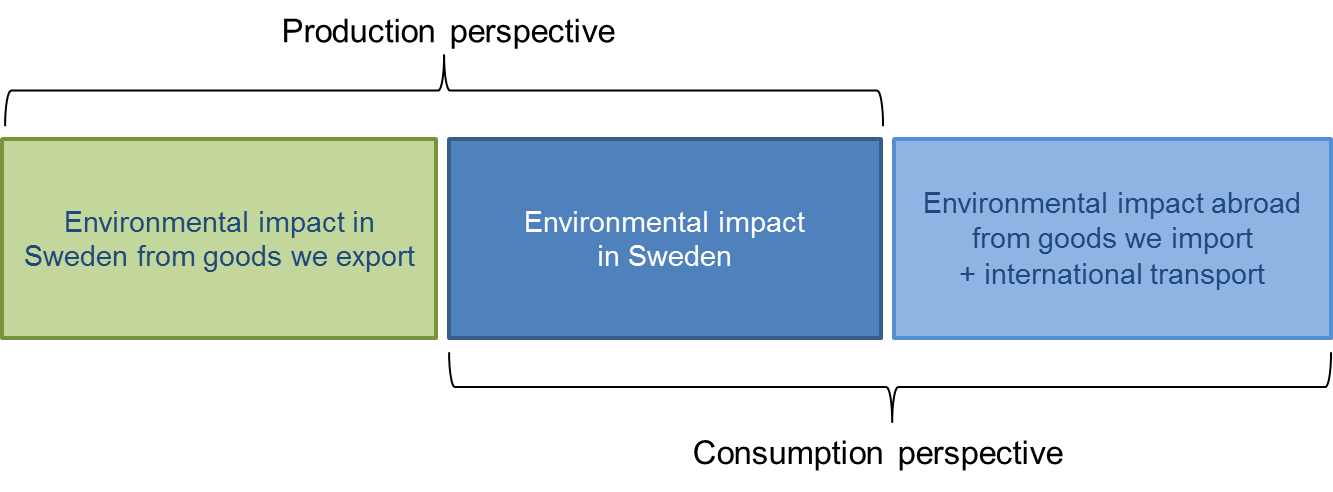The county of Dalarna has a long history of industrious innovators and hard-working entrepreneurs, amidst its ancient forests and meteor-created lakes. Today, Dalarna in central Sweden is home to about 277,000 people in 15 municipalities. The region is known for its proud people and beautiful landscapes – a combination that can be quite fruitful for the transition to a more sustainable society. Together with a coalition of educational organisations (Dalarnas Bildningsförbund, DBF), the Dalarna County Administrative Board (Länsstyrelsen Dalarna) has recently founded a regional network for sustainable consumption. Involving public organisations, private companies and non-profits, the purpose is to raise awareness and ambitions for sustainable consumption – and improve life quality.
Collaborate and conquer
Mining in Dalarna has a longer history than the county itself, and several founders of large international companies originate from the area. Hard work, innovation and entrepreneurship are well-used labels for the people here. In current times, when sustainability challenges loom large, there are many local initiatives to address them. The Dalarna County Administrative Board and DBF called local actors to an initial meeting in December 2014, where they found that there was a lack of co-ordination and synchronisation of the various initiatives. Hence, a regional network for sustainable consumption was founded in June 2015. So far, local actors who have been involved include Dala Avfall (waste manager), Falu Energi & Vatten AB (energy and water provider), Falun municipality, Framtidmuseet (the Future Museum), Dalarna College, Dalarna County Council, and the Swedish Society for Nature Conservation in Dalarna. With this network platform for the exchange of knowledge and experience, the hope is to foster better internal and external communication and to promote more rapid and effective improvements.

Active members show a promising start
Barely one year old on the publication of this Handbook, the participating organisations already have a number of projects and initiatives up and running. For example, Falu Energi & Vatten puts on performances of the children’s play “Sopakuten” (The Garbage Emergency) as an educative tool on waste management; the County Council has set up its own internal platform for exchange of unused furniture; and Dala Avfall runs a pedagogic homepage that helps residents recycle better. Maria Saxe, energy and climate strategist at the Dalarna County Administrative Board and convenor of the network, explained in an interview that the network’s activities are about spreading awareness and knowledge of the consequences of our consumption, and that the co-operation with DBF helps to get the message out there. The network has successfully arranged its first seminar, on food waste, and the next one will cover education for sustainable consumption.
Solid policy base for solid motivation
The founding of the regional network rests on several ambitious policies. One of them is the regional energy and climate strategy, with a vision for 2050 for Dalarna to be a place where it is easy and natural to live “energy intelligent and climate smart”. The network has set as a goal to work towards this vision, as well as towards the Generational Goal set by the Swedish government, which includes striving for a society where “patterns of consumption of goods and services cause the least possible problems for the environment and human health” (Swedish Environmental Protection Agency nd.). Since it is perceived as unclear what the County Administrative Boards should do concerning consumption, Dalarna helped produce a national prestudy on the role and responsibility of Boards for more sustainable consumption (2015). Despite the lack of an official mission from the government, it was found that the County Administrative Boards should co-ordinate and lead the regional work for more sustainable consumption. The Boards’ work would be facilitated if there was a national strategy for sustainable consumption, and if there was more financial support to offer local initiatives. Sweden is a key player for the success of the UN 10-year Framework of Programmes on Sustainable Consumption and Production (10YFP), which, among other promising policies, supports the strong motivation for this new network.
Regional dimension
Multiple benefits arise from more sustainable consumption, and although the positive effects might be slightly different for different actors, the direct and indirect benefits easily outweigh business-as-usual. Aside from improved air quality, spared natural resources, less climate impact, greener jobs, saved tax money and increased revenue, it is hoped that one of the most important effects from this network is improved life quality. Lessons learned – involving better communication, co-ordination processes, which initiatives give better results, and what changes make people perceive a better quality of life – are intended to be shared with other municipalities and regions along the way.
Learn more…